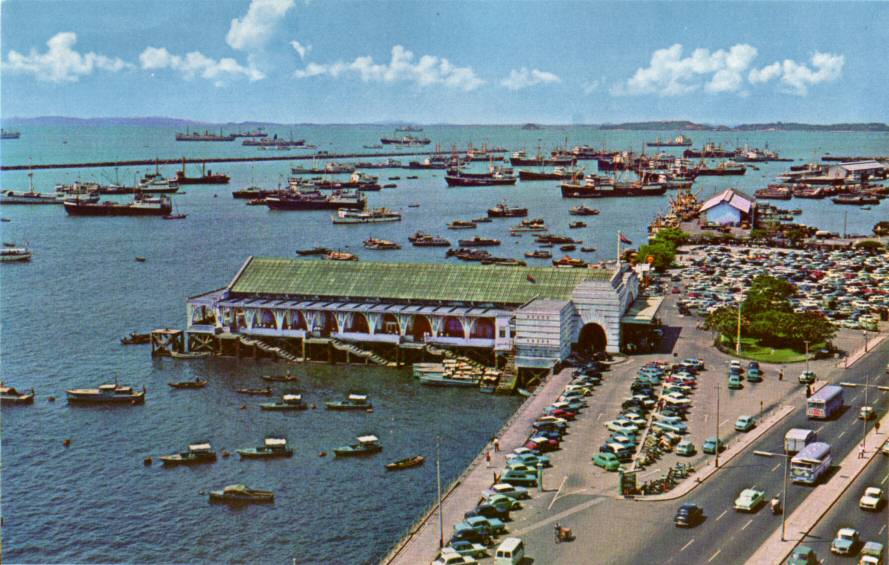Re: China cities at the peak of the largest real estate bubble in history
I've not heard of this problem although it is a practice to use UPS for computers and servers.
I believe that China has a bigger problem with water supply. Tap water does not look portable - in some cases looks like river water - so better to drink distilled or mineral water.
Originally posted by jk
View Post
I've not heard of this problem although it is a practice to use UPS for computers and servers.
I believe that China has a bigger problem with water supply. Tap water does not look portable - in some cases looks like river water - so better to drink distilled or mineral water.






Comment